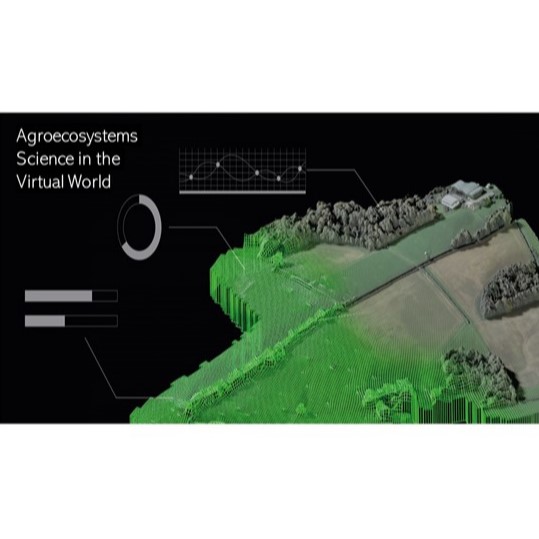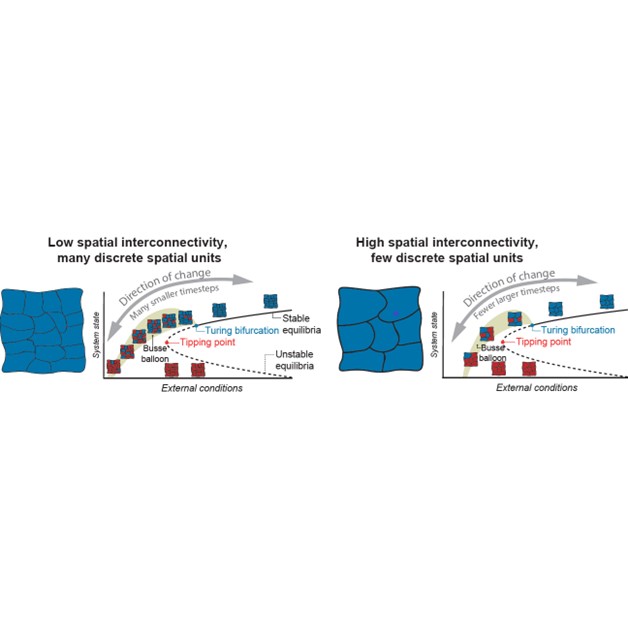PhD: Reclaiming the night sky for moths: what drives the flight-to-light response and how can this be mitigated? Location: Rothamsted Research Email: Elliott.Cornelius@Rothamsted.ac.uk My PhD project has me based at Rothamsted, where my research will investigate the drivers of phototactic behaviour in moths. To achieve this, I will first utilise an electroretinogram to identify the […]
Read More
PhD: Agroecosystems in a Climate Crisis: Using Big Data to understand the Out of the Ordinary Location: Rothamsted Research University email: nnl23tjf@bangor.ac.uk Personal social media contact details: http://linkedin.com/in/annalisa-lanza-00b894205 My PhD is based at Rothamsted Research and will allow me to carry out crucial analysis into the outliers present within the North Wyke data. This data platform currently […]
Read More
The diversity of plants and animals found on modern farms has been severely depleted owing to the simplification of landscapes and intensification of crop production. This has had negative consequences for the ecosystem services of pollination and pest control as well as compromising the cultural value of the countryside. There is now a broad consensus […]
Read More
Many butterflies and moths in the UK are in decline. This is a consequence of multiple pressures including climate change, habitat loss and pollution. Across the UK, butterflies and moths of limestone regions are especially at risk. Limestone habitats have been considerably reduced in their extent in recent years. For example, the extent of lowland […]
Read More
Grazing systems are a key target for reducing the greenhouse gas emissions of agriculture, towards sustainable livestock production. Regenerative farming practices such as herb rich pastures (herbal leys), and controlled areas of grazing (cell grazing), show promise as pathways towards net zero agriculture – yet little is known of the impacts of these practices on […]
Read More
The need for data-informed farmer decision-making has never been more critical. Climate change, floods, droughts, pests, diseases, and political pressures all pose significant threats to our ability to grow food. Agriculture itself sometimes makes these problems worse – being responsible for many negative environmental impacts including greenhouse gas emissions, water pollution, and biodiversity loss. But, […]
Read More
Climate change forecasts for the UK suggest changes to the intensity and frequency of flooding, drought, heat and strong winds, as already evidenced by the record-breaking years observed in the UK over the past decade. At present, we do not have reliable data on the impacts of climate stresses – including extreme events – on […]
Read More
PhD: The Impact of Climate on Tropical Forests: A natural experiment within the Eastern Arc Mountains, Tanzania Location: Rothamsted Research Email Rosie Clear Hill My PhD with Envision is based at Rothamsted Research and looks at how climate change will affect the phenology and structure of tropical rainforests in the Eastern Arc Mountains of Tanzania. […]
Read More
Over the last 50 years, 33% moth species have declined in total abundance in Britain. This tragic loss of biodiversity is poorly understood, but artificial light at night (ALAN) has been shown to be a strong driver of change that disrupts moth reproduction, larval development, and pupal diapause. The successful student will conduct behavioural experiments […]
Read More
Agroecosystems produce food but also deliver both benefits and disbenefits for the environment, including water and air quality. Climate change forecasts for the UK suggest changes to the intensity and frequency of flooding, drought, heat and strong winds, as already evidenced by the record-breaking years observed in the UK over the past decade. At present, […]
Read More










